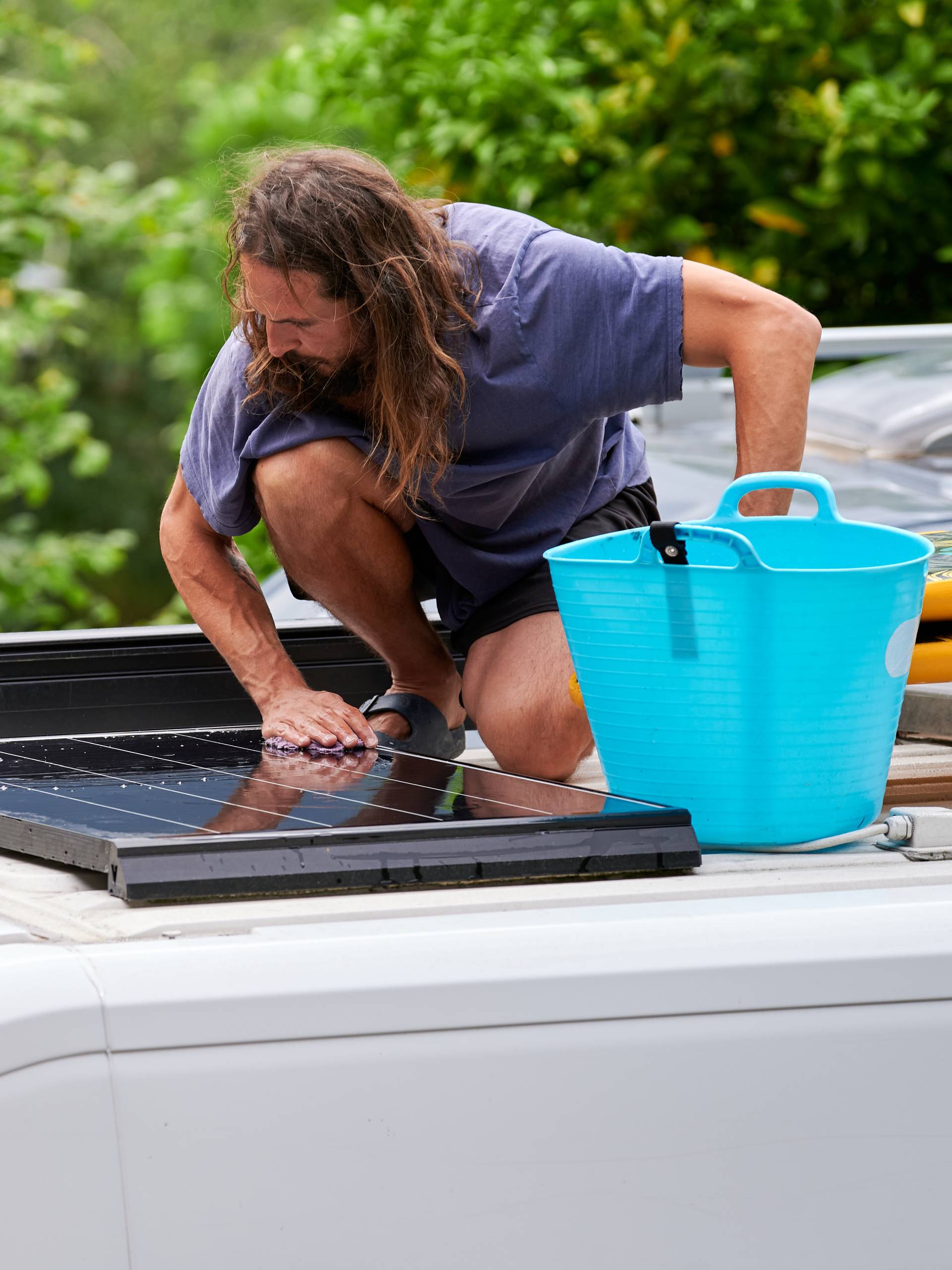Why Your Tires Are Losing Air Slowly but Surely
Tires losing air is a common frustration for car owners. At first glance, it may not appear to be a major issue but ignoring it can lead to bigger problems that compromise your safety and, ultimately, your vehicle’s performance.
Proper tire pressure is crucial for maintaining fuel efficiency and to improve your car’s safety levels. If your tires can’t seem to hold air for long, there may be a variety of factors at play. Let’s uncover the most common reasons and provide practical advice to help you tackle this issue.
Temperature Changes Can Impact Tire Pressure
Fluctuations in temperature can wreak havoc on your tires. When the weather cools down, the air inside your tires contracts, causing a drop in pressure. For every 10-degree temperature decrease, you could lose around 1 PSI (pound per square inch).
Conversely, hot weather can expand the air inside, potentially pushing tires beyond the recommended pressure. Over time, this constant contraction and expansion can weaken your tire’s structure and lead to gradual air loss.
If you get in the driver’s seat and see that dreaded tire pressure light in the morning, it’s like the overnight temperatures causing your tires to lose air slowly but surely. Regular seasonal tire pressure checks are advisable to keep them at the optimum level.
Punctures and Tread Wear
A common and often overlooked reason for losing air is minor punctures or cuts in the tire tread. Small nails, screws, or sharp debris on the road can create tiny holes that allow air to seep out slowly.
Worn-out tread is another culprit, as thinner material is more prone to damage. If you’re unsure whether this is the cause, try using a simple soap and water solution—bubbles forming on the tire surface indicate a slow leak. Serious cases, however, may require professional inspection to locate and address the issue.
Corrosion on the Wheel Rim
Over time, wheel rims corrode due to exposure to harsh weather conditions, road salt, or debris. This corrosion creates a weak seal between the tire and rim and allows air to escape gradually.
Even a minor bend or damage to the rim can worsen the situation. Cleaning your wheels regularly and addressing minor damage promptly can prevent slow leaks caused by rim corrosion.
The Ripple Effect of Gradual Air Loss
Slow air leaks might seem manageable at first, but their effects can snowball into costly or potentially dangerous problems. Lower tire pressure increases rolling resistance, reducing fuel efficiency and causing uneven or rapid tread wear.
Gradual air loss can also impact your car’s handling and braking ability, making it harder to control the vehicle in emergencies. Worse, a severely underinflated tire is more likely to experience a blowout, especially at high speeds, which may result in serious accidents.
Taking the time to address why your tires are losing air will improve your car’s safety and slowly but surely enhance its overall performance and efficiency. Don’t wait for a flat tire to ruin your day.
Be vigilant about checking, maintaining, and repairing your tires to ensure smooth, stress-free drives. If you’re unsure how to identify and fix a slow leak, consulting an expert is always a wise move. Protect your investment and enjoy peace of mind by staying proactive.



One Comment
Rose
This is good to know. My car’s light will start coming on about now to say it needs air in the tires. I’m glad I don’t need to keep checking it myself.